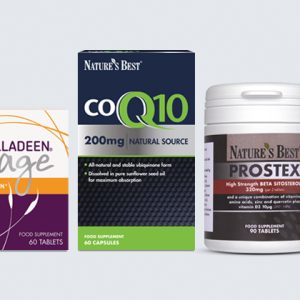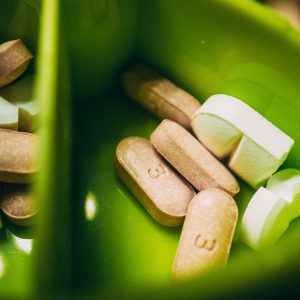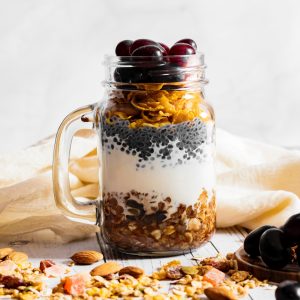Probiotics promote intestinal health by regulating host mucosal and systemic immune function or by regulating the balance of intestinal flora. When the number of probiotics in the intestine is sufficient, the body’s digestion, absorption, detoxification, and immune functions are all in a normal state. The intestines can fully absorb various nutrients to ensure the normal operation and repair of various organs, and provide strong immunity to the human body.
Probiotics and harmful bacteria have a placeholder struggle in the intestines. Whoever has more quantity will be in a dominant position. Therefore, taking probiotic supplements can increase the amount, so that it can take nutrients with harmful bacteria and inhibit the growth and reproduction of harmful bacteria.
The main effects of probiotics are as follows:
Precautions:
The human flora should be kept in balance, so the probiotics are not the more the better. Excessive intake and supplementation of probiotics not only can not have a positive effect on the human body, but also may cause the human organs to be overloaded, causing negative effects and disturbing the intestinal environment. In general, probiotics are mainly found in fermented foods such as yogurt, cheese, natto, soybean meal, fermented bean, and kimchi. Fresh fruits and vegetables also contain various prebiotics. It is now also made into a variety of dietary supplements (capsules, tablets, powders). People should focus on eating foods that contain probiotics, rather than relying too much on probiotic supplements.










